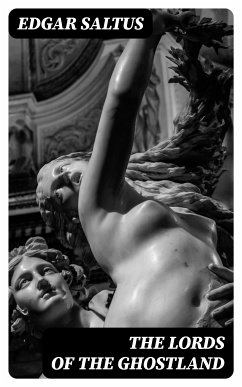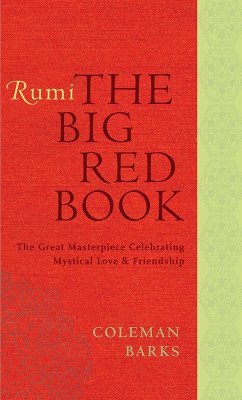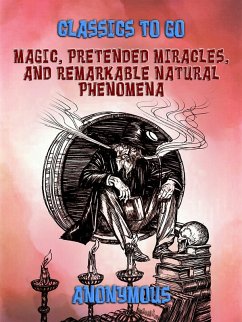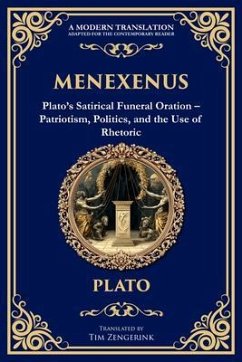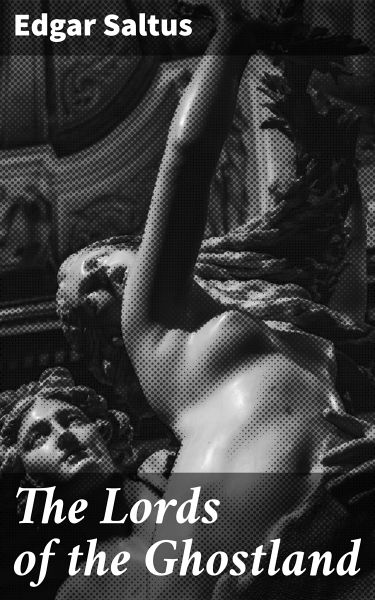
The Lords of the Ghostland (eBook, ePUB)
A History of the Ideal

PAYBACK Punkte
0 °P sammeln!
In "The Lords of the Ghostland," Edgar Saltus weaves a richly textured narrative steeped in philosophical and mystical themes, exploring the interplay between life, death, and the metaphysical realms beyond human comprehension. The novel is characterized by its lyrical prose and a unique blend of Gothic and Orientalist elements, creating an imaginative landscape that invites readers into a profound examination of the human condition. Saltus employs symbolic motifs and intricate characterizations that echo the literary oscillations of the 19th century, reminiscent of the works of authors like O...
In "The Lords of the Ghostland," Edgar Saltus weaves a richly textured narrative steeped in philosophical and mystical themes, exploring the interplay between life, death, and the metaphysical realms beyond human comprehension. The novel is characterized by its lyrical prose and a unique blend of Gothic and Orientalist elements, creating an imaginative landscape that invites readers into a profound examination of the human condition. Saltus employs symbolic motifs and intricate characterizations that echo the literary oscillations of the 19th century, reminiscent of the works of authors like Oscar Wilde and Arthur Machen, situating his narrative within a broader discourse on the spiritual and psychological dimensions of existence. Edgar Saltus was a discerning thinker and writer, influenced by the cultural and philosophical currents of his time, including Nietzschean existentialism and the decadent movement. His travels and exposure to various philosophies and traditions are palpably reflected in this work. Saltus'Äôs penchant for exploring themes of duality and the mystique of the psyche may have stemmed from his own struggles with the concepts of morality, mortality, and transcendence, providing depth to his literary endeavors. "The Lords of the Ghostland" is essential for readers intrigued by metaphysical exploration and the complexities of the human psyche. It is a thought-provoking journey that urges readers to contemplate life'Äôs most profound truths and the shadowy realms beyond, making it a vital addition to any literary collection.
Dieser Download kann aus rechtlichen Gründen nur mit Rechnungsadresse in A, B, BG, CY, CZ, D, DK, EW, E, FIN, F, GR, H, IRL, I, LT, L, LR, M, NL, PL, P, R, S, SLO, SK ausgeliefert werden.




